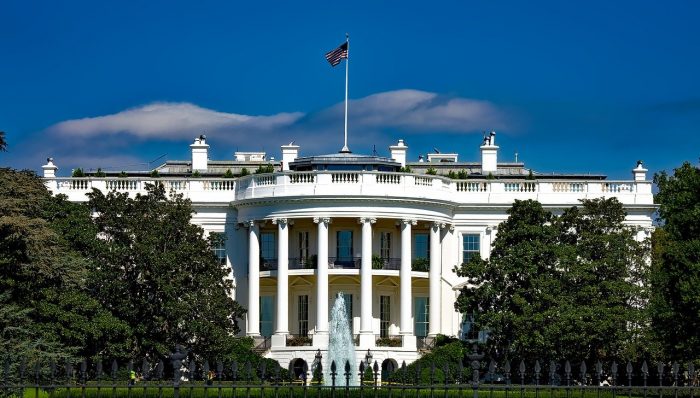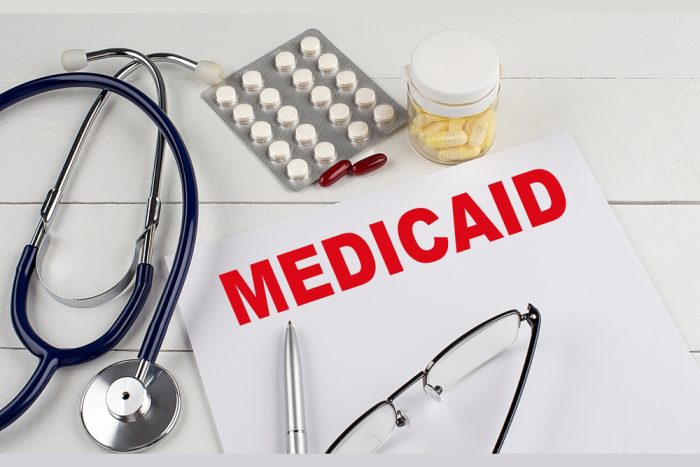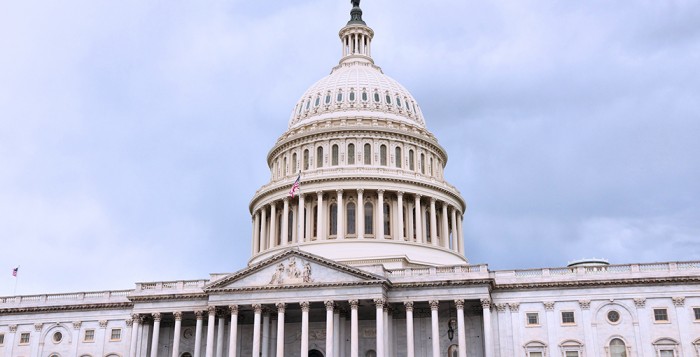H.R. 1 created a $50 billion fund called the Rural Health Transformation program in an attempt to offset the losses that rural health providers will experience associated with the other devastating cuts to health care in the legislation.
Each state must complete a one-time application for the five-year program to be reviewed by CMS. Many aspects of the application are still undecided, including the submission period, due date, state entity that must submit the application, and the form of the application. The RHTP application must include a plan to describe how the state would use the funds to:
- Improve access to hospitals and other providers for rural residents;
- Improve health care outcomes of rural residents;
- Prioritize the use of new and emerging technologies that emphasize prevention and chronic disease management;
- Initiate, foster, and strengthen local and regional strategic partnerships between rural hospitals and other providers to promote quality improvement, increase financial stability, maximize economies of scale, and share best practices;
- Recruit and retain clinicians,
- Prioritize data and technology driven solutions that help rural providers furnish health care services as close to the patient’s home as possible;
- Outline strategies to manage long-term financial solvency and operating models of rural hospitals; and
- Identify specific causes that are driving standalone rural hospitals to close, convert, or reduce service lines.
The funds will be distributed between 2026 and 2030, allotting $10 billion each year. $25 billion of this fund will be allocated equally among all states with an approved application by CMS. Assuming that all fifty states are approved, each state will receive a minimum of $100 million per year for five years. The other $25 billion will be distributed to states with an approved application in an amount determined by CMS based upon the state’s rural population, proportion of healthcare facilities in rural areas, and the situation of hospitals that serve a high proportion of low-income patients.
The bill lists several allowable uses of the PHTP funds:
- Promoting evidence-based, measurable interventions to improve prevention and chronic disease management;
- Providing payments to health care providers for the provision of health care items or services as specified by CMS;
- Promoting consumer-facing, technology-driven solutions for the prevention and management of chronic diseases;
- Providing training and technical assistance for the development and adoption of technology-enables solutions that improve care delivery in rural hospitals, including remote monitoring, robotics, artificial intelligence, and other advanced technologies;
- Recruiting and retaining clinical workforce talent to rural areas, with commitments to serve rural communities for a minimum of five years;
- Providing technical assistance, software, and hardware for significant information technology advances designed to improve efficiency, enhance cybersecurity capability development, and improve patient health outcomes;
- Assisting rural communities to right-size their healthcare delivery systems by identifying needed preventative, ambulatory, pre-hospital, emergency, acute inpatient care, outpatient care, and post-acute care service lines;
- Supporting access to opioid use disorder treatment services, other substance use disorder treatment services, and mental health services;
- Developing projects that support innovative models of care that include value-based care arrangements and alternative payment models as appropriate; and
- Additional uses designed to promote sustainable access to high quality rural health care services, as determined by the Administrator.
RCPA will continue to share information on the program and applications as it becomes available. Contact Emma Sharp with any questions.

















